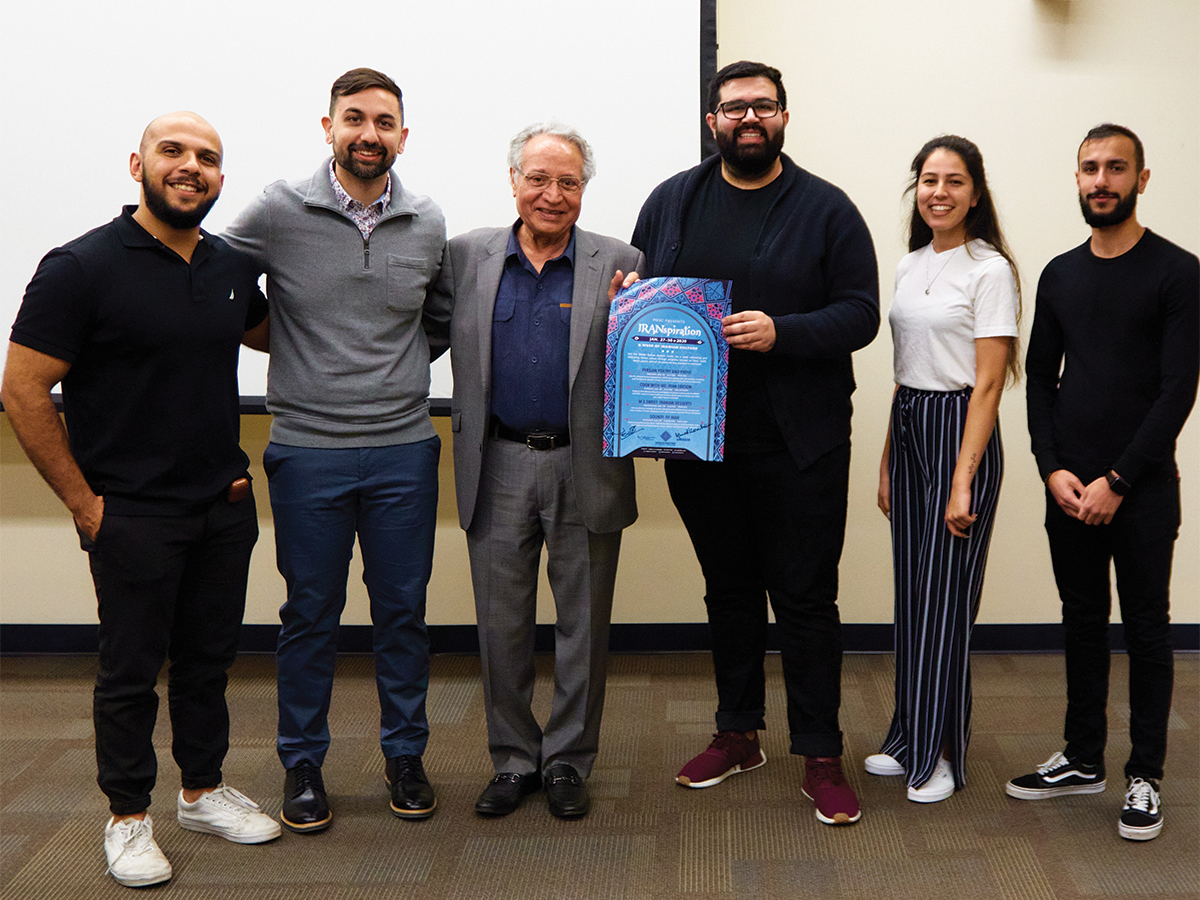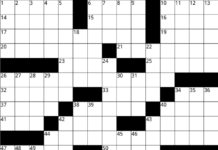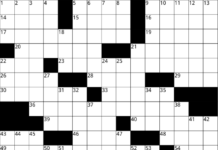
IRANspiration week started on Monday, Jan. 27. Students piled into HUB 377, picked up sandwiches and took seats for a lecture presented by Dr. Ahmad Karimi-Kakkak on the artistic literature of Iran. With a doctorate in comparative literature from Rutgers University, the septuagenarian has lectured on Persian language and literature since 1979 in New Jersey, Texas, Tehran, Iran’s capital and Los Angeles. Currently he teaches at UCLA.
At 4 p.m. Ali Saadat, Middle Eastern Student Center (MESC) student development specialist and UCR alumnus, introduced the professor. Hakkak began, “I’ve been a student of literature for so long I practically started out on my dad’s lap.” He admired how Persian culture puts great focus on poetry and prose, calling their pieces of literature “beautiful relics of the past.” He hopes to pass on as many of those relics to his two sons.
The next poem revolved around love, Hakkak noting that spiritual revelation was prolific in its poet’s time. Rudaki of Samarkand, around 1000 A.D., asked readers to “Live joyfully with black-eyed beauties, live joyfully,” and that “The world is no more legends than the wind.” Hakkak explained that the poem is focused on “the kind of loving inside of you,” marking a refusal to love things the “correct” way at a time where individuality was of growing importance.
The “Cup of Jamshid,” a Persian equivalent to the Holy Grail, was the subject of a later poem. Persian poet Rumi, who was prolific during the 13th century, writes, “You will hear many tales about Jamshid’s cup / And in telling something added or left out / Know this for certain: Jamshid’s cup is your heart / The seat of joy or sorrow is your heart.” Hakkak has discussed this poem and others of Rumi in the past, and wrote how he criticized contemporaries who failed to express “the innermost emotions lying latent” within the individual. Hakkak explains the poem effectively sets readers up to consider that the Cup, something described with things “added or left out” is really beyond description.
Hakkak continued analyzing poems until 5:20 p.m., ending on a reflective note: “Poetry expresses frustration, suffering and so many more emotions. Look into your heart, see all the joy and sorrow; poetry tells us how we are made. Thank God that we do have poetry!” He then took questions from audience members at the front of the room as the event concluded.





